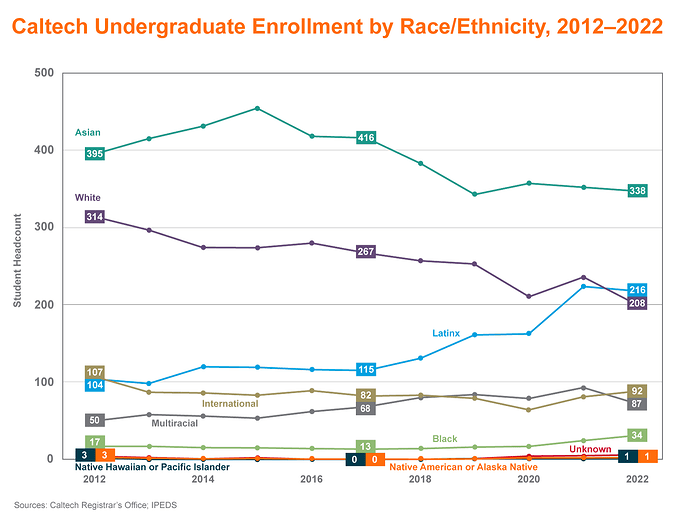This X post has been making rounds:
Today we’ve formalized an important hiring policy at Scale. We hire for MEI: merit, excellence, and intelligence. This is the email I’ve shared with our @scale_AI team.
———————————————————MERITOCRACY AT SCALE
In the wake of our fundraise, I’ve been getting a lot of questions about talent. All of our external success—powering breakthroughs in L4 autonomy, partnering with OpenAI on RLHF going back to GPT-2, supporting the DoD and every major AI lab, and the recent $1bn financing transaction—all of it is downstream from us hiring the best people for the job. Talent is our #1 input metric.
Because of this, I spend a lot of my time on recruiting. I either personally interview every hire or sign off on every candidate packet. It’s the thing I spend the plurality of my time on, easily. But everyone can and should contribute to this effort. There are almost a thousand of us now, and it takes a lot to hire quickly while maintaining, and continuing to raise, our bar for quality.
That’s why this is the time to codify a hiring principle that I consider crucial to our success: Scale is a meritocracy, and we must always remain one.
Hiring on merit will be a permanent policy at Scale.
It’s a big deal whenever we invite someone to join our mission, and those decisions have never been swayed by orthodoxy or virtue signaling or whatever the current thing is. I think of our guiding principle as MEI: merit, excellence, and intelligence.
That means we hire only the best person for the job, we seek out and demand excellence, and we unapologetically prefer people who are very smart.
We treat everyone as an individual. We do not unfairly stereotype, tokenize, or otherwise treat anyone as a member of a demographic group rather than as an individual.
We believe that people should be judged by the content of their character — and, as colleagues, be additionally judged by their talent, skills, and work ethic.
There is a mistaken belief that meritocracy somehow conflicts with diversity. I strongly disagree. No group has a monopoly on excellence. A hiring process based on merit will naturally yield a variety of backgrounds, perspectives, and ideas. Achieving this requires casting a wide net for talent and then objectively selecting the best, without bias in any direction. We will not pick winners and losers based on someone being the “right” or “wrong” race, gender, and so on. It should be needless to say, and yet it needs saying: doing so would be racist and sexist, not to mention illegal.
Upholding meritocracy is good for business and is the right thing to do. This approach not only results in the strongest possible team, but also ensures we’re treating our colleagues with fairness and respect.
As a result, everyone who joins Scale can be confident that they were chosen for their outstanding talent, not any other reasons.
MEI has gotten us to where we are today. And it’s the same thing that’ll get us where we’re going, as we embark on our next chapter focusing on data abundance, frontier data, and reliable measurement to accelerate the development and adoption of AI models.
Alex
Here are the attempts to take it down, kinda spinning down the drain:
The author of the second takedown of MEI ended up getting fired from TechCrunch (here’s the original version of the second article). Times are changing.
